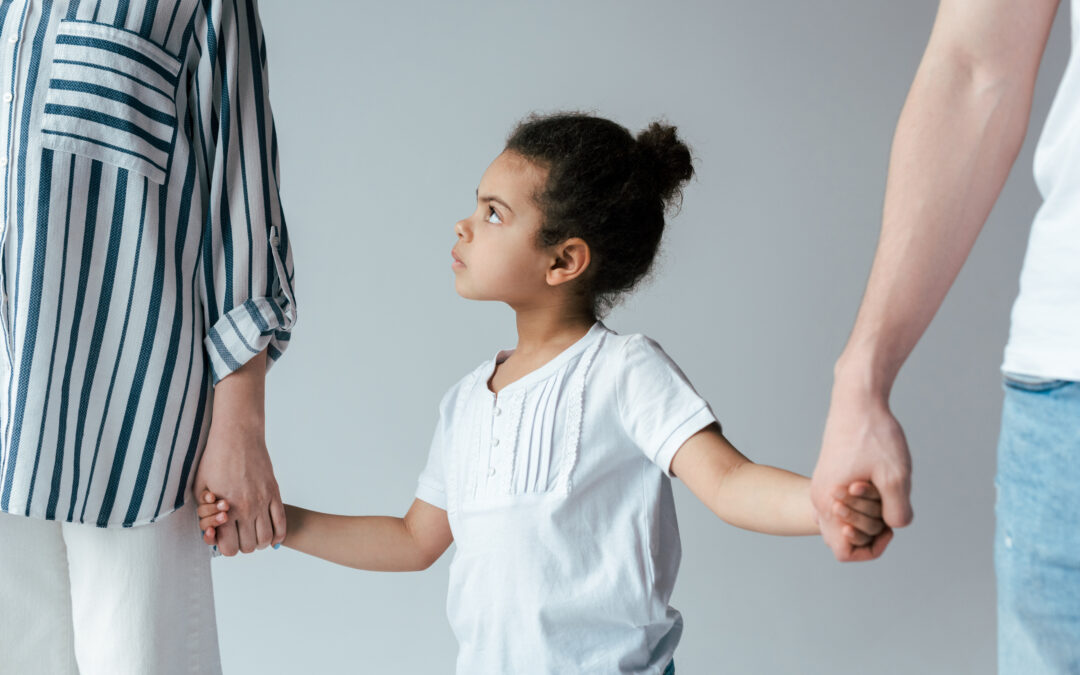
3 Common visitation schedules in divorce in Mobile, AL
3 Common visitation schedules in divorce in Mobile, AL
While divorces are far from one size fits all, there are a few common visitation schedules in divorce in Mobile, AL.
In uncontested divorces and divorces settled by agreements, visitation schedules can vary according to the terms the parties agree upon.
Also in the event the visiting party is found to be on drugs or dangerous, visitation can be restricted to supervised visitation, daytime only, or supervised visitation at the Family Center.
Absent extenuating circumstances just mentioned and assuming that a divorce case proceeds to trial, visitation schedules are often as follows in Mobile, AL:
Standard Visitation
Both of our judges in Mobile, AL have a standard visitation schedule wherein one parent has physical custody and the other parent has “standard visitation.”
This visitation schedule is the most commonly utilized type of visitation schedule in Mobile. The visiting parent has the child(ren) every other weekend Thursday through Sunday, and the weeks that the visiting parent does not have weekend visitation, they have visitation from the release of school on Thursday through return to school Friday morning.
Additionally, with standard visitation, the parents divide the holidays. Each parent has a week with the child(ren) during Christmas break, alternating which parent gets the first or second week of Christmas break every other year.
The visiting parent also has alternate year spring break and Thanksgiving break with the child(ren). For summer, each parent has the child(ren) for one month, with the custodial parent having the kid(s) for the first two weeks of June and the first two weeks of July, and the visiting parent having the last two weeks of June and July.
Additionally, the child(ren) are with the mother on Mother’s Day weekend and with the father on Father’s Day weekend.
Joint Physical Custody
If parties receive joint physical custody of their child(ren), the parties typically rotate the custody of the kid(s) on a weekly basis.
Joint custody visitation may then be further expounded upon to give the parties a larger amount of uninterrupted visitation in the summer, designated time with the child(ren) on Mother’s Day and Father’s Day, specified Christmas Eve/Day visitation, and alternate Thanksgiving and spring break visitation.
Joint Custody is not the standard visitation schedule for divorces in Mobile, AL, however both of our Judges have been known to order Joint Physical Custody in certain cases at their discretion.
Out of State Visitation
Should the visiting parent live out of state, the visiting parent’s visitation will more than likely resemble some form of out-of-state visitation.
This visitation schedule allows for regularly scheduled visits for the visiting parent as well as accommodation for the visiting parent if the visiting parent makes additional efforts to visit the child(ren) in the city where the child(ren) resides.
In this visitation schedule, one parent has physical custody and the other has visitation.
The visiting, nonresident parent typically has visitation one weekend per month from Friday to Sunday, to be exercised in the city in which the child(ren) reside, provided the non-custodial parent shall provide 7 days’ notice to the custodial parent of their intent to exercise said visitation.
In the summer the visiting parent often will be allotted a larger amount of summer visitation, such as 6 weeks, due to the longer distance between them and the home of the minor child(ren) and the ability of the kid(s) to visit due to school not being in session.
The visiting parent also gets a week with the minor child(ren) at Christmas, alternate Thanksgiving, and alternate spring breaks.
Additionally, often the visiting parent will also get the ability to visit with the kid(s) any other time when the visiting parent is in the hometown of the child(ren) provided he gives notice beforehand, said visit is no longer than 48 hours, and said visit will not interfere with the kid(s) school.
Again, the facts in every divorce are unique and Judges can tailor custody and visitation as needed. While these are the most common visitation schedules that result from divorces in Mobile, AL, every case is different.
Judgments of Divorce are final and the terms therein regarding custody and visitation last until the children become adults.

Author: Walter Gewin
Attorney Walter Gewin is a native of Mobile, Alabama. After graduation from law school, Walter clerked for Circuit Court Judge John Lockett before pursuing a career in the private practice of law. Initially, practicing a wide variety of law; Walter’s practice has become more focused on family law, including juvenile, probate, and domestic relations matters. Walter also currently serves as a certified Guardian Ad Litem in Dependency, Delinquency, and Domestic Relations matters.







